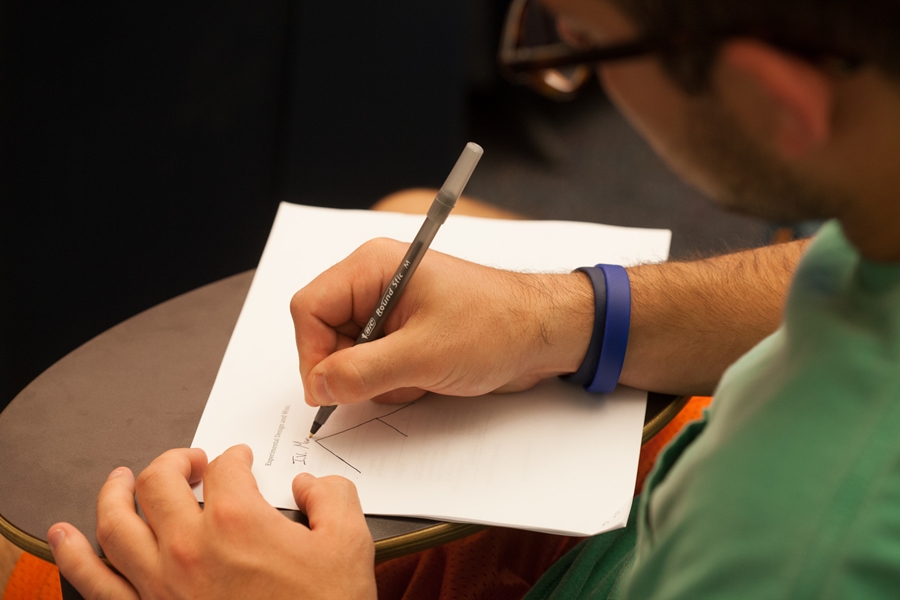
The sudden transition from face-to-face learning to remote learning in response to the COVID-19 pandemic has required a need to adjust and adapt quickly, which can be an even bigger challenge for students with special needs.
Kara Jolliff Gould, assistant professor of journalism at the University of Arkansas, recently authored an article addressing this issue for Exceptional Parent Magazine. The article, "COVID-19 and College Students with Special Needs," was part of a COVID-19-themed special issue published this May.
Laura James, director of the Center for Educational Access, at the University of Arkansas, is featured in the article. She identified some specific challenges college students with disabilities and their parents have been facing since the pandemic began in March.
While some students have thrived in an online environment due to reduced social anxiety, others have struggled to adapt to the new medium, particularly students who "need paper and pencil tests or assistive technologies to access testing materials." In such cases, the CEA can be an ally in negotiating changes.
Still, other students may struggle with a less structured online environment, and many are saddened by the loss of independence that has come with returning home to quarantine.
Ultimately, Gould stresses the importance of communication during this period. Students need to feel invited to ask questions in whichever format they are most comfortable (whether it's through a chat program, e-mail or texting), while faculty need to clearly communicate expectations, both orally and in writing, in as many places as possible.
Finally, parents can provide valuable insights from their own experiences of difficulties, such as the Great Recession, while also being sensitive to the stress students are facing. Many worked hard to achieve their independence, so while parents may be happy to have them back home, it can also signal a disappointing loss of autonomy.
Many students with disabilities have already experienced adversity to get where they are, and thus are uniquely suited to face new challenges.
Read the COVID-19 special issue of EP, including Gould's article starting on page 44.
Topics
Contacts
Hardin Young, manager of executive communications
University Relations
479-575-6850, hyoung@uark.edu